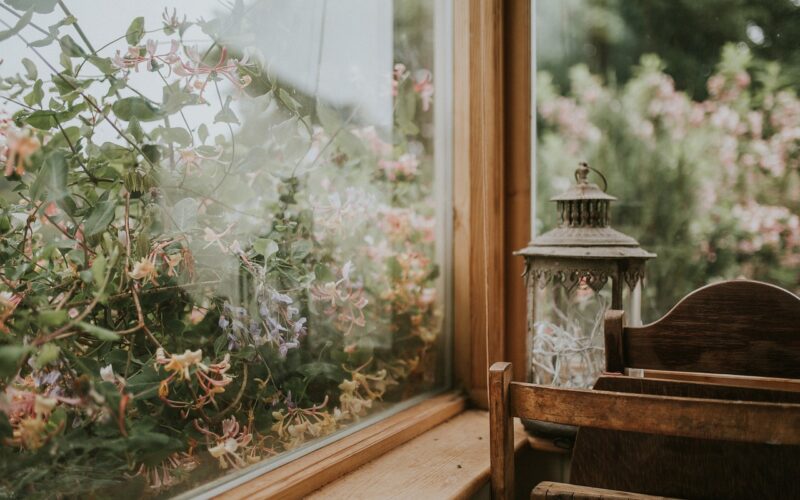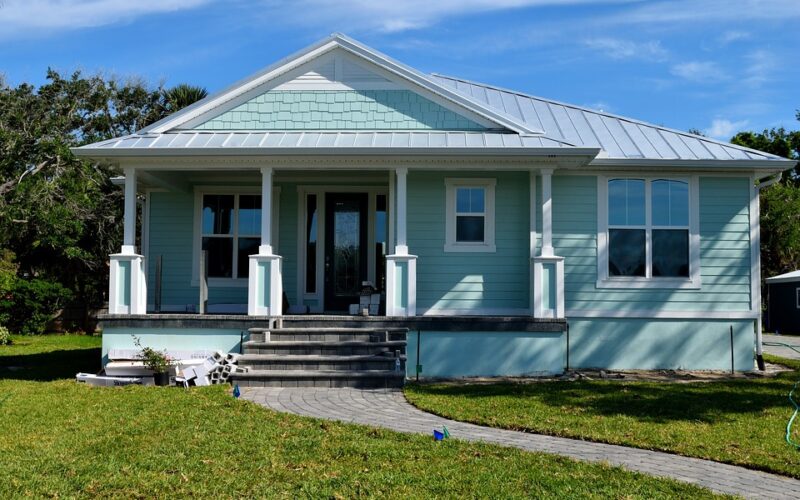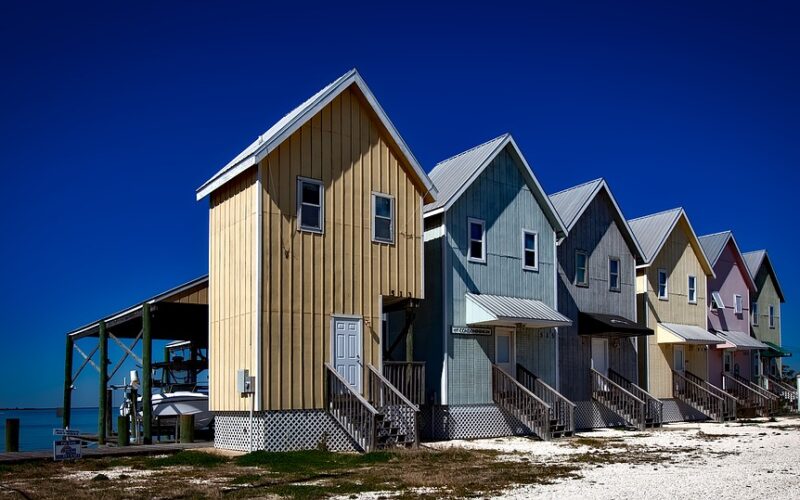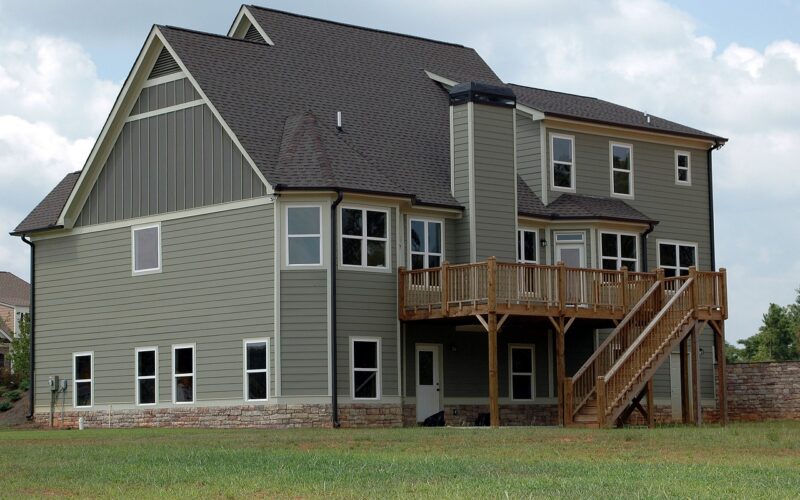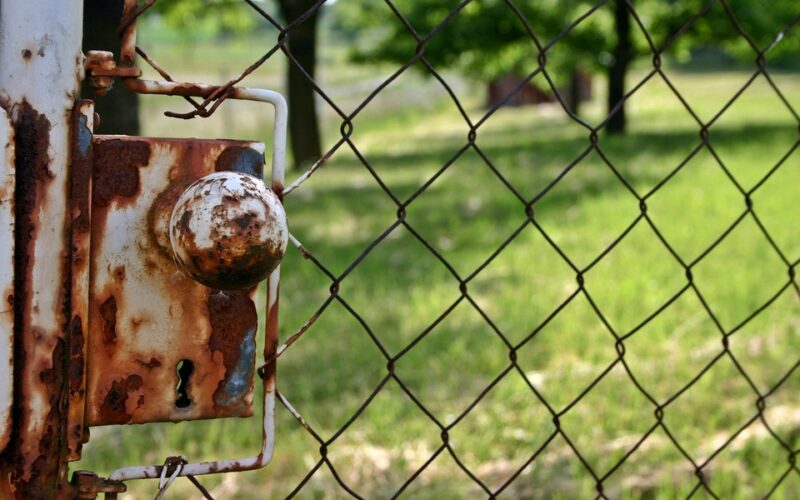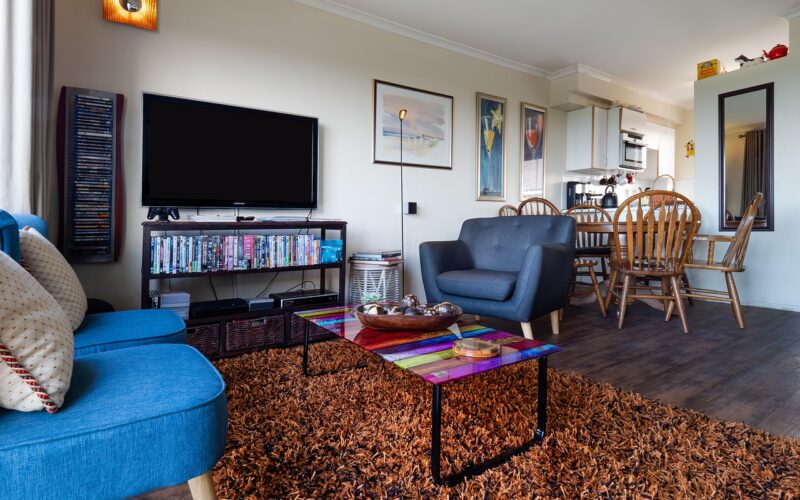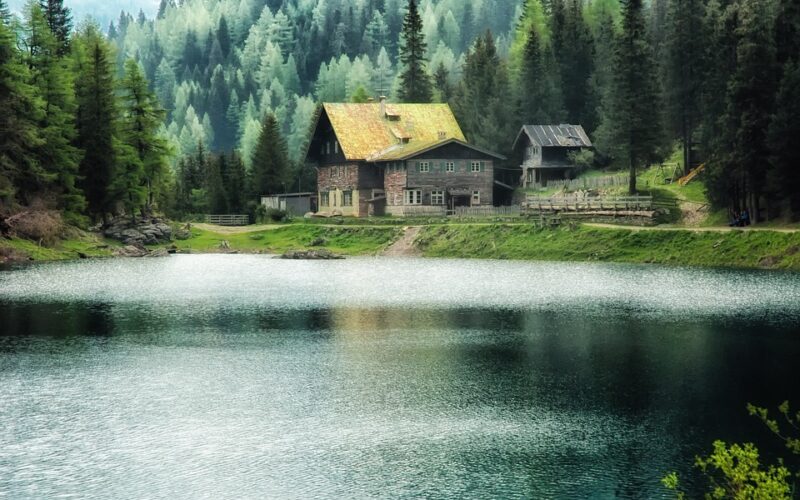An Eco-Friendly Dream Home
Living sustainably is more important than ever, and it often begins at home. Creating an eco-friendly home doesn't just contribute to the planet's well-being; it can also save you money and improve your quality of life. There are numerous ways to make your living space more environmentally friendly, from conserving water to choosing renewable energy sources.
Start with energy efficiency
One of the first steps in making your home eco-friendly is to focus on energy efficiency. Replacing incandescent bulbs with LED lights can significantly reduce your electricity usage. Consider insulating your walls and attic to maintain temperatures and reduce the need for heating and cooling. Eco-friendly appliances, while sometimes more expensive upfront, can save energy and money in the long term. Smart thermostats can also make a big difference by optimising your HVAC system based on your habits and preferences.
Conserve water with a skilled plumber
Water conservation is another critical aspect of an eco-friendly home. A knowledgeable plumber can be invaluable in this regard. They can install low-flow toilets and showerheads, fix leaks, and even help set up a greywater system that reuses water from your sinks and showers for irrigation. The savings on your water bill will be a welcome bonus and the reduction in water waste can have a substantial environmental impact.
Choose sustainable materials and practices
When it comes to home improvement or décor, opting for sustainable materials is key. Bamboo flooring, for instance, is a more sustainable alternative to traditional hardwoods. When painting, choose low-VOC or VOC-free paints, which have reduced levels of volatile organic compounds, improving indoor air quality. If you're renovating, consider sourcing second-hand or repurposed materials to reduce demand for new resources.
Implement renewable energy solutions
Investing in renewable energy solutions such as solar panels is a game-changer for anyone aspiring to an eco-friendly home. While installation costs can be substantial, the long-term energy cost savings and environmental benefits make it a worthy consideration. Some governments offer tax incentives or rebates for those who choose renewables, making it an even more attractive option.
Grow your own green space
Creating a garden can turn your home into a small eco-haven. Whether it's a vegetable patch, a flower garden, or indoor plants, green spaces are good for the environment. They can improve air quality, provide habitat for wildlife and even offer you fresh produce. Composting organic waste can nourish your garden and reduce the amount of waste sent to landfills.
Maintain an eco-friendly mindset
Ultimately, the most important element of an eco-friendly home is the mindset of the inhabitants. Consistently seeking out the most sustainable option, whether it's using reusable shopping bags or opting for public transport over driving, can make a tangible difference. Education on the subject and staying informed about new eco-friendly technologies can further your ability to make positive environmental choices.
Transforming your house into an eco-friendly home may require some initial investment and effort, but the environmental and financial returns it provides are invaluable. By taking these steps towards sustainability, you'll be doing your part in shaping a greener future for our planet.
